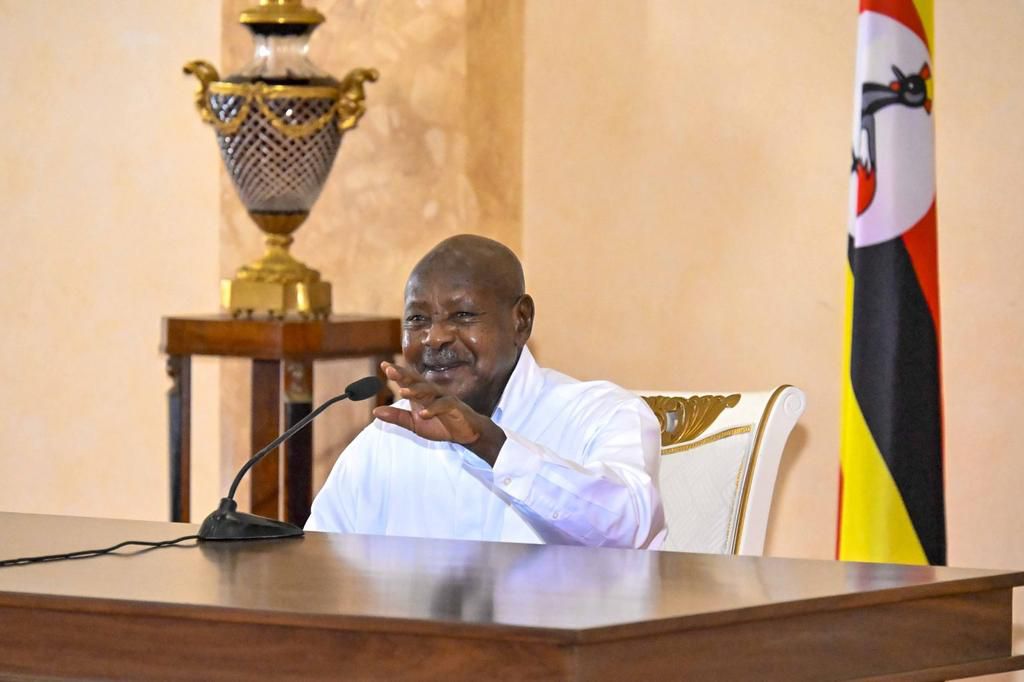4 other African countries accepting deportees from the US apart from Ghana – and why
)
President John Mahama recently sparked controversy after revealing that Ghana had reached an agreement with the United States of America (USA) to accept West African deportees. Speaking during a media encounter on Wednesday, 10 September, he disclosed that fourteen deportees had already been received, comprising Nigerian and Gambian nationals.
In a follow-up address during the Government Accountability Series on Monday, 15 September, the Minister for Foreign Affairs, Samuel Okudzeto Ablakwa, explained that the agreement is rooted in Ghana’s commitment to human rights and Pan-African solidarity. He emphasised that some of the deportees had endured harsh and distressing detention conditions.
He further clarified that Ghana has not received, nor does it seek, any financial compensation or material benefit from the arrangement. According to him, the agreement was fully discussed at Cabinet level and received the Attorney General’s advice.
As debate intensifies over Ghana’s participation, other African nations have also entered into third-country deportation agreements with the United States under the Trump administration’s expanded immigration enforcement policy.
Rwanda
)
Rwanda confirmed an operational agreement with the capacity to accept up to 250 deportees. In August 2025, the country received its first seven individuals under the programme. The agreement sets clear restrictions, with Rwanda refusing child sex offenders and only accepting individuals with no criminal background or those who have completed their prison terms. Each case is reviewed individually, and approved deportees receive support such as training, healthcare, and housing to help them integrate. Though undisclosed, the arrangement is believed to involve significant financial incentives, in line with Rwanda’s strategy of attracting international partnerships.
Uganda

Uganda has agreed to a temporary arrangement with the US, though deportations have not yet begun. The government has stipulated that it will only consider deportees of African origin without criminal records, while excluding unaccompanied minors. The country retains the right to review cases individually. Analysts suggest Uganda’s cooperation is partly driven by efforts to strengthen trade ties and diplomatic relations with Washington. Domestic criticism, however, has been strong, with opposition groups and activists voicing concerns over human rights and sovereignty.
Eswatini
)
Eswatini was one of the first African countries to operationalise a third-country deportation agreement. The US confirmed it had transferred five men from countries including Vietnam, Cuba, and Yemen to Eswatini, demonstrating the global scope of the policy. Reports indicate the country received around $500 million for its participation, although this figure remains unverified. Both governments have kept the terms highly confidential, fuelling criticism over secrecy and accountability.
South Sudan
)
South Sudan has also participated in the programme, though its arrangements are described as particularly opaque. The country has quietly accepted small numbers of deportees, but details regarding eligibility, capacity, and compensation remain hidden. The secrecy has provoked criticism, particularly as South Sudan continues to face its own governance and humanitarian challenges.
Controversy and Criticism
)
These deportation deals have sparked widespread debate across Africa and beyond. Critics argue that they lack transparency, risk undermining human rights, and reduce African nations to destinations for unwanted migrants.
Civil society groups and opposition parties in participating countries have condemned the agreements as exploitative and politically motivated. International observers have also warned of the troubling precedent such arrangements might set for global migration management.
Public sentiment in many countries has been strongly negative, with citizens questioning the social and economic impact of accepting foreign deportees. This backlash poses challenges for governments involved, potentially undermining the long-term sustainability of these agreements.
Despite controversy, the operational success of initial agreements could encourage their expansion. The Trump administration has signalled continued interest in securing additional partnerships, and analysts believe more African countries may be targeted as the policy develops further.
)
)
)

)
)
)
)
,fit(112:112))
,fit(112:112))
)
,fit(112:112))